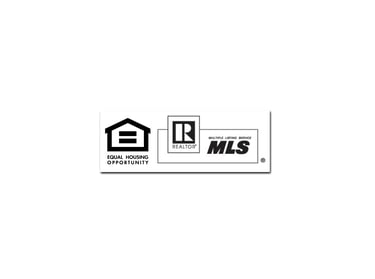Understanding Small Estate Procedures in Minnesota
Navigating probate can be daunting, often costing your loved ones significant time and money. Fortunately, Minnesota offers two probate shortcuts for qualifying small estates: Small Estate Affidavit Procedure and Simplified Probate (Summary Administration).
12/20/20242 min read


Navigating probate can be daunting, often costing your loved ones significant time and money. Fortunately, Minnesota offers two probate shortcuts for qualifying small estates: Small Estate Affidavit Procedure and Simplified Probate (Summary Administration). These options allow for quicker asset distribution with less hassle. Let’s explore both.
Option 1: Collecting Property with a Small Estate Affidavit
Minnesota allows inheritors to skip probate altogether through the Small Estate Affidavit Procedure.
How to Qualify
To use this procedure, the estate must meet these criteria:
The total value of the probate estate can’t exceed $75,000.
Probate estate = property requiring probate (does not include joint tenancy property, property in living trusts, payable-on-death accounts, or similar assets).
No formal probate application or petition has been filed or granted.
At least 30 days have passed since the person’s death.
(Minn. Stat. § 524.3-1201 (2024))
Even relatively large estates may qualify if much of the property bypasses probate.
How It Works
If the estate meets the above requirements, inheritors can complete an Affidavit for Collection of Personal Property (Form PRO202). This simple document includes:
A statement that the inheritor is entitled to the property.
Confirmation the estate meets small estate requirements.
A description of the property and its value.
After notarizing the affidavit, the inheritor presents it (along with a certified death certificate) to the person or institution holding the assets—like a bank. The property is then transferred directly to the inheritor, bypassing probate.
Option 2: Simplified Probate (Summary Administration)
If probate is unavoidable, Minnesota offers a streamlined version known as Summary Administration.
How to Qualify
You can petition for this process if:
The deceased has no probate estate (all property bypasses probate).
Estate property was destroyed, lost, or rendered valueless.
The only estate property includes:
Homestead property.
Exempt property (like personal effects or certain assets protected by law).
Family allowance.
The gross estate value (outside exempt/homestead property) doesn’t exceed $150,000.
(Minn. Stat. Ann. § 524.3-1203 (2024))
How It Works
Once the court grants the petition, the process is simplified:
Creditors and inheritors are paid in priority as the court orders.
The estate may be closed without further proceedings.
Notice to creditors or inheritors may not be required.
This method reduces legal fees, minimizes delays, and streamlines finalizing the estate.
Which Option Should You Use?
If the estate is $75,000 or less and excludes real estate, the Small Estate Affidavit Procedure is a great choice to avoid probate entirely.
For estates that don’t qualify for an affidavit but still fall below $150,000, Simplified Probate can save time and money.
These shortcuts allow families to settle small estates efficiently, preserving time and resources during an already difficult time.
Always consult with financial and legal professionals before making a decision that could significantly impact your inheritance.




